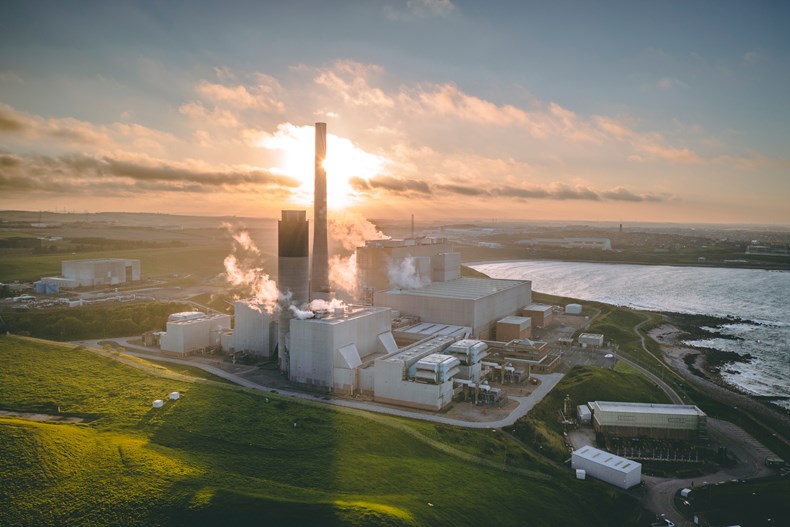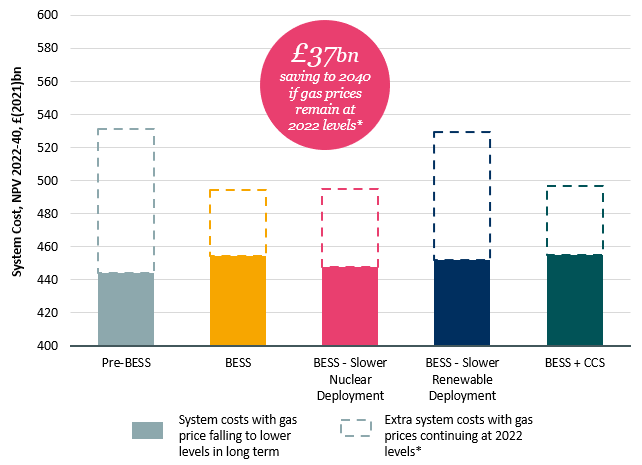Analysis: Accelerated decarbonised electricity ambition for 2030 can save carbon, gas and cost
12 Dec 2022
As Great Britain’s energy system becomes increasingly renewables-led there is a need for cleaner flexible power generation to balance the days when the wind doesn’t blow and the sun doesn’t shine.
Carbon Capture and Storage (CCS) has been identified by both the UK government and the Climate Change Committee as an important technology on the route to net zero emissions.
CCS captures at least 90% carbon dioxide emissions produced from the use of fossil fuels in electricity generation and industrial processes meaning it can play a vital role in decarbonising often hard-to-abate parts of the economy.
But how much Power CCS is needed to cost-effectively accelerate the UK’s climate targets?
LCP Delta analysis, commissioned by SSE, has outlined the impact of the increased renewable energy ambition for 2030 in the British Energy Security Strategy (BESS) from April 2022, which included the UK’s headline energy target to reach 50GW of offshore wind by 2030. The analysis found there were significant savings for both carbon and gas, which importantly helped insulate consumers from the impact of future gas crises.

The analysis also found that GB clean electricity ambition can be accelerated further by delivering 7-9GW of Power CCS by 2030, bringing forward the equivalent level of ambition at the time of the UK’s Net Zero Strategy in October 2021 by 5 years – Reaching 30gCO2/kWh in 2030 rather than 2035.
The analysis outlines the lowest cost option being 7GW Power CCS in 2030 and going for 9GW would get gross emissions intensity in Great Britain below 30gCO2/kWh by 2030 on route to net zero, meaning that when compared to the Government’s current ambition of ‘at least one power CCS plant’ this decade the 7-9GW gas CCS would save an additional 15-18m tonnes of CO2 and £1.1-1.6bn by 2040.
The additional 7-9GW Power CCS would use similar levels of gas due to displacement of older and less efficient unabated gas power stations and reductions in imports of electricity from unabated gas generation abroad via the interconnectors. Importantly, Power CCS can provide a safety net to capture emissions from any gas required to keep the lights on in the event of delays to the roll out of renewables or nuclear.


